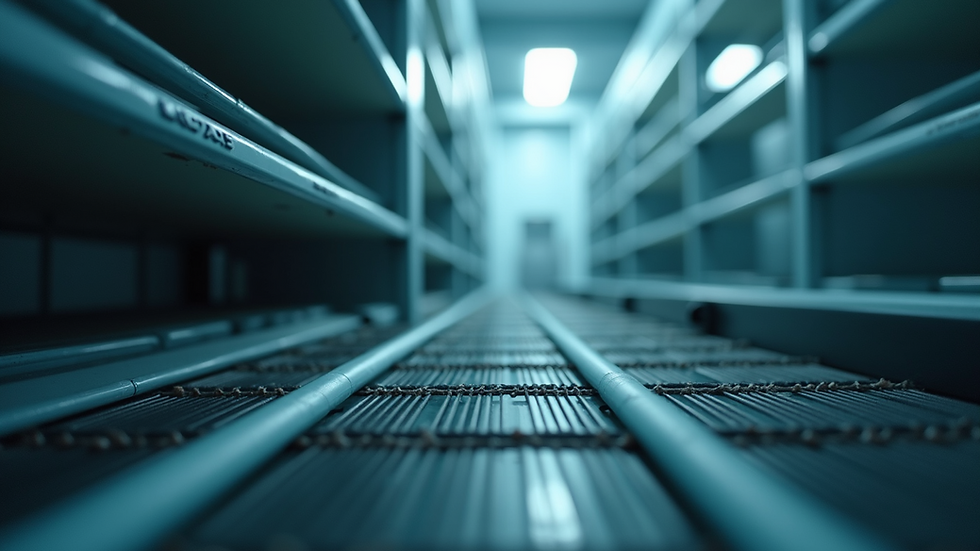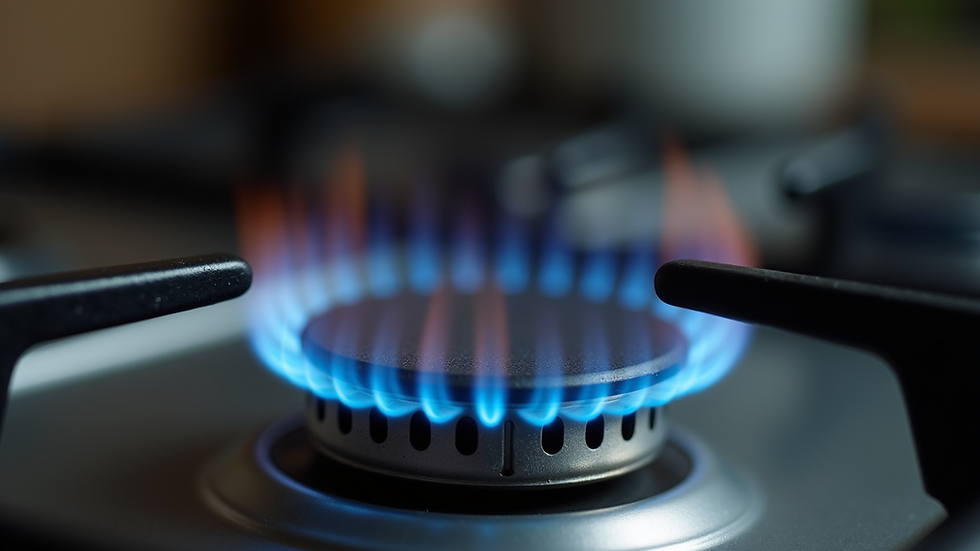Common Appliance Repair Issues in the UK
- limitlessimprovements
- Oct 26, 2025
- 3 min read
Household appliances are essential for daily life, making chores easier and saving time. However, like all machines, they can break down or develop faults over time. Understanding the common appliance repair issues in the UK can help homeowners identify problems early and decide whether to repair or replace their appliances. This article explores typical faults, their causes, and practical advice on managing repairs effectively.
Common Appliance Repair Issues in UK Homes
Appliances such as washing machines, refrigerators, ovens, and dishwashers are prone to specific issues due to frequent use and wear. Here are some of the most common problems encountered:
Washing Machines
Washing machines often face issues like:
Drum not spinning: This can be caused by a broken belt, faulty motor, or blocked pump.
Water not draining: Usually due to clogged filters or drainage pipes.
Excessive vibration or noise: Often a result of unbalanced loads or worn shock absorbers.
Regular maintenance, such as cleaning filters and checking hoses, can prevent many of these problems.
Refrigerators
Common refrigerator faults include:
Not cooling properly: This may be due to dirty condenser coils, faulty thermostats, or refrigerant leaks.
Water leakage: Often caused by blocked defrost drains or damaged door seals.
Frost build-up: Usually a sign of a faulty defrost heater or thermostat.
Keeping the coils clean and ensuring door seals are intact can improve efficiency and reduce repair needs.
Ovens and Cookers
Typical issues with ovens include:
Oven not heating: This can be caused by a broken heating element or faulty thermostat.
Uneven cooking: Often due to malfunctioning temperature sensors or heating elements.
Faulty ignition: Gas ovens may fail to ignite due to problems with the igniter or gas supply.
Regular checks and cleaning can help maintain oven performance and safety.

Washing machine drum and belt showing common wear points
Is it worth getting appliances repaired?
Deciding whether to repair or replace an appliance depends on several factors:
Age of the appliance: Older models may be less energy-efficient and more prone to breakdowns.
Cost of repair vs replacement: If repair costs exceed 50% of the price of a new appliance, replacement might be more economical.
Environmental impact: Repairing extends the life of appliances, reducing waste and environmental harm.
Availability of parts: Some older models may have parts that are difficult or expensive to source.
In many cases, repairing a faulty appliance is worthwhile, especially if the issue is minor and the appliance is relatively new. Consulting with professional appliance repair services can provide a clear assessment and cost estimate.

Refrigerator condenser coils needing regular cleaning for optimal performance
Tips for Preventing Appliance Breakdowns
Preventative maintenance can save time and money by reducing the likelihood of breakdowns. Here are some practical tips:
Regular cleaning: Clean filters, coils, and vents to ensure efficient operation.
Check seals and hoses: Replace worn or damaged seals to prevent leaks.
Avoid overloading: Overloading washing machines or dishwashers can cause mechanical stress.
Use appliances as intended: Follow manufacturer guidelines to avoid unnecessary wear.
Schedule professional servicing: Annual checks by qualified technicians can catch issues early.
By following these steps, homeowners can extend the lifespan of their appliances and avoid costly repairs.
When to Call a Professional
Some appliance issues require expert attention. Signs that you should contact a professional include:
Persistent electrical faults or sparks.
Strange noises that do not resolve after basic troubleshooting.
Water leaks that cause damage or pose safety risks.
Appliances that fail to start or stop mid-cycle.
Complex repairs involving internal components.
Attempting DIY repairs without proper knowledge can be dangerous and may void warranties. Professional appliance repair services have the tools and expertise to diagnose and fix problems safely and efficiently.

Technician performing oven repair to ensure safe and effective operation
Making the Most of Appliance Repairs
To get the best value from repairs, consider the following:
Get multiple quotes: Compare prices and services from different providers.
Check reviews and credentials: Choose reputable repair companies with positive feedback.
Ask about warranties: Ensure repairs come with guarantees on parts and labour.
Keep appliances clean and maintained: This reduces the chance of repeat issues.
Document repairs: Keep records for warranty claims or future reference.
By being proactive and informed, homeowners can enjoy reliable appliances and avoid unexpected breakdowns.
Understanding common appliance repair issues in the UK helps homeowners make informed decisions about maintenance and repairs. Whether it is a washing machine that won’t spin or a fridge that is not cooling, timely action and professional help can save money and extend appliance life. For expert assistance, consider trusted appliance repair services to keep your home running smoothly.



Comments